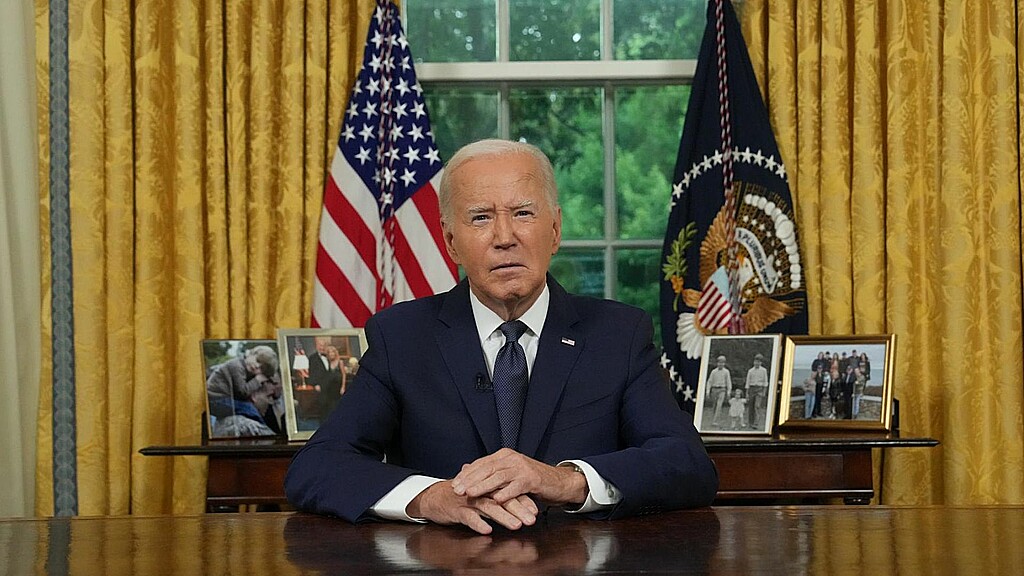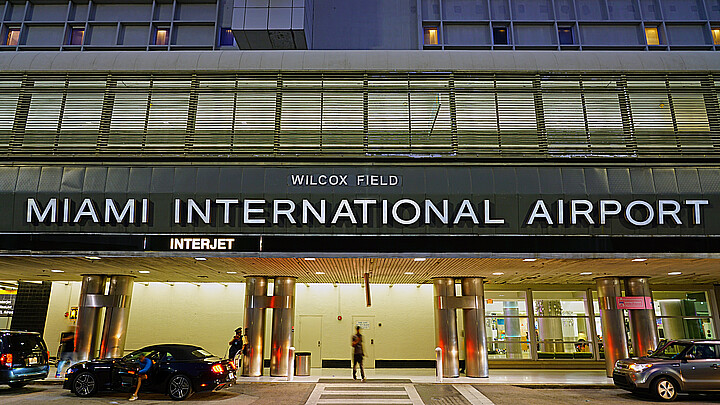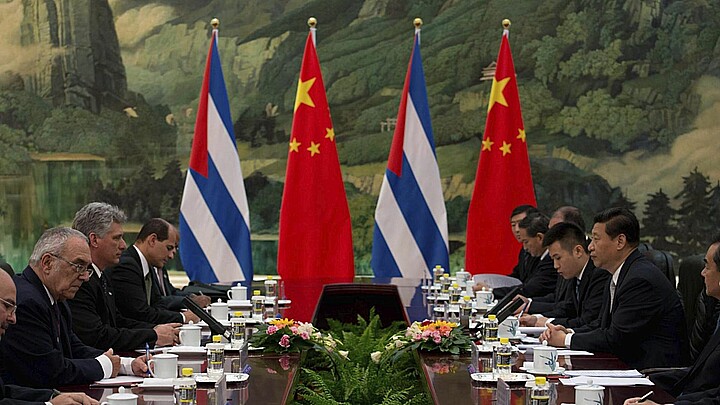Politics
Republican congressional members outraged over Biden plan to remove Cuba from State Sponsor of Terrorism list
The decision comes just six days before President Biden will relinquish power and President-elect Donald Trump will be sworn in on Jan. 20 and has outraged prominent Republican members of the U.S. Congress

January 14, 2025 2:11pm
Updated: January 14, 2025 3:16pm
A high-level source U.S. government source with direct knowledge about Cuba confirmed to ADN Cuba that the Biden administration will remove the communist regime from the State Sponsors of Terrorism (SSOT) list. The source also stated that the decision came directly from the Democratic administration at the White House, not the State Department.
The decision comes just six days before President Biden will relinquish power and President-elect Donald Trump will be sworn in on Jan. 20 and has outraged prominent Republican members of the U.S. Congress.
“Joe Biden's weakness is emboldening the communist Cuban regime,” said Sen. Rick Scott of Florida. “This shameful decision puts America's national security at risk and betrays millions fighting for freedom. Communist Cuba sponsors terror, props up brutal dictatorships, and oppresses people. They must remain on the SSOT list.”
Rep. Carlos Jiminez, another Florida Republican in the House said negotiating with the Cuban military dictatorship has systemic implications for the region and even overseas. “The murderous dictatorship in Cuba actively engages in terrorism in our hemisphere and across the globe. Communist Cuba is propping up Maduro and his thugs in Venezuela, aiding the decrepit regime in Nicaragua and brutalizing their own people. They must be held accountable.”
According to another source with direct knowledge of the announcement, which is scheduled for 3:00 PM on Tuesday, the administration will remove Cuba from the list in exchange for the release of Cuban political prisoners. The source explained that while the administration did not provide a specific number, it indicated that "it was going to be significant."
As of December 2024, there were reportedly 1,148 political prisoners in Cuba, according to the human rights organization, Prisoners Defenders.
News of the regime's purported willingness to release political prisoners comes just one day after the Cuban regime sentenced activist Félix Daniel Pérez Ruiz to five years and Cristhian de Jesús Peña Aguilera to four years in prison on Monday. Both men were sentenced on charges of engaging in "propaganda against the constitutional order," according to a report by the Observatorio de Derechos Humanos (OCDH).
The statement, which was sent to ADN Cuba, said the activists were sentenced for posting content critical of the regime on social media.
This wouldn't be the first time the regime has used political prisoners as leverage for diplomatic concessions.
Among the names reportedly being considered for release are José Daniel Ferrer and Félix Navarro, both of whom were previously freed in 2011 as part of a similar agreement with Spain. Ferrer is the leader of the Patriotic Union of Cuba (UNPACU), one of the largest and most active opposition groups on the island. He rose to prominence after his involvement in the 2003 Black Spring crackdown, during which the Cuban government arrested 75 dissidents, including journalists and human rights activists.
Imprisoned for several years, he was released in 2011 but continued his activism, frequently facing harassment, detention, and violent repression by the regime. He has been imprisoned since the protests on July 11, 2021.
Navarro, another prominent dissident, was declared a prisoner of conscience by Amnesty International (AI) in October 2024. He is a member of the Movimiento por la Democracia en Cuba (Movement for Democracy in Cuba). Navarro was arrested during the Black Spring crackdown of 2003 and later released in 2011 on a negotiation. He was then arrested again during the July 11, 2021 protests.
Both Ferrer and Navarro have been repeatedly targeted by the Cuban government due to their continued efforts to promote human rights and democracy on the island.
This is a developing story. Visit ADN America for more updates.










